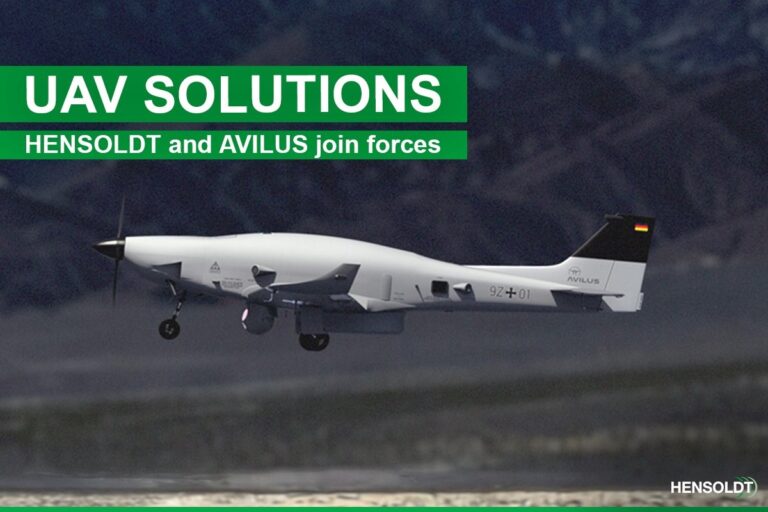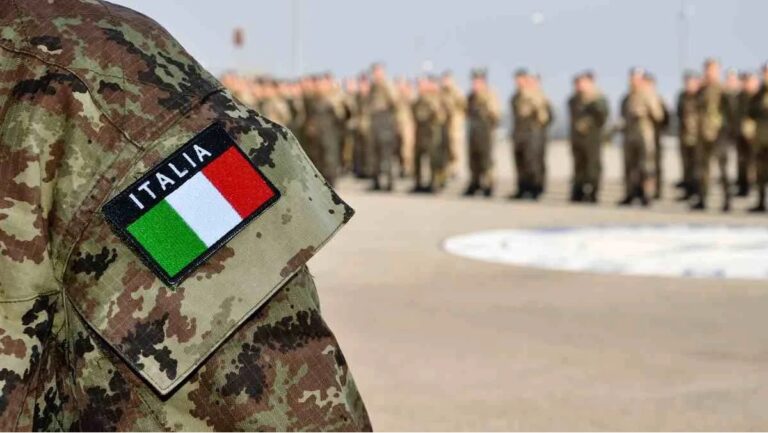Turkey Wins U.S. Nod to Use S-400 in Combat
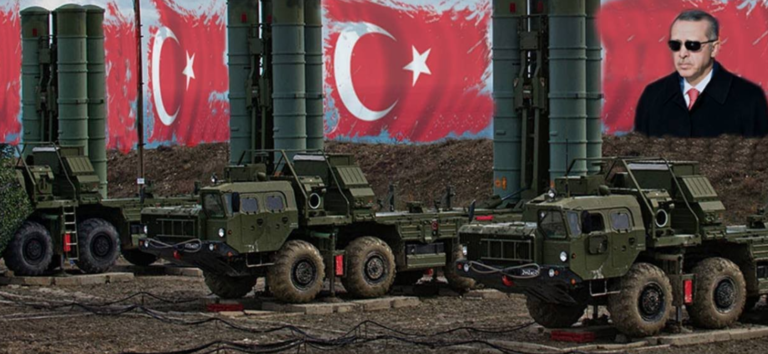
In a significant shift in geopolitical dynamics, Turkey wins the U.S. over and gets approval to use the S-400 in combat. This development marks the end of a long-standing dispute between Turkey and the United States over Turkey’s acquisition of the Russian-made S-400 defense system.
As Turkey’s defense strategy evolves, this move has significant regional and international implications, especially for NATO and Turkey’s military independence.
Turkey and the U.S. Shift: A New Defence Era
For years, the S-400 defense system has been a contentious issue between Turkey and the United States. Turkey’s purchase of the advanced Russian missile system resulted in its expulsion from the F-35 program and strained relations with NATO allies.
However, in late November 2024, Turkish Defense Minister Yasar Güler confirmed that the United States no longer objects to Turkey’s use of the S-400.
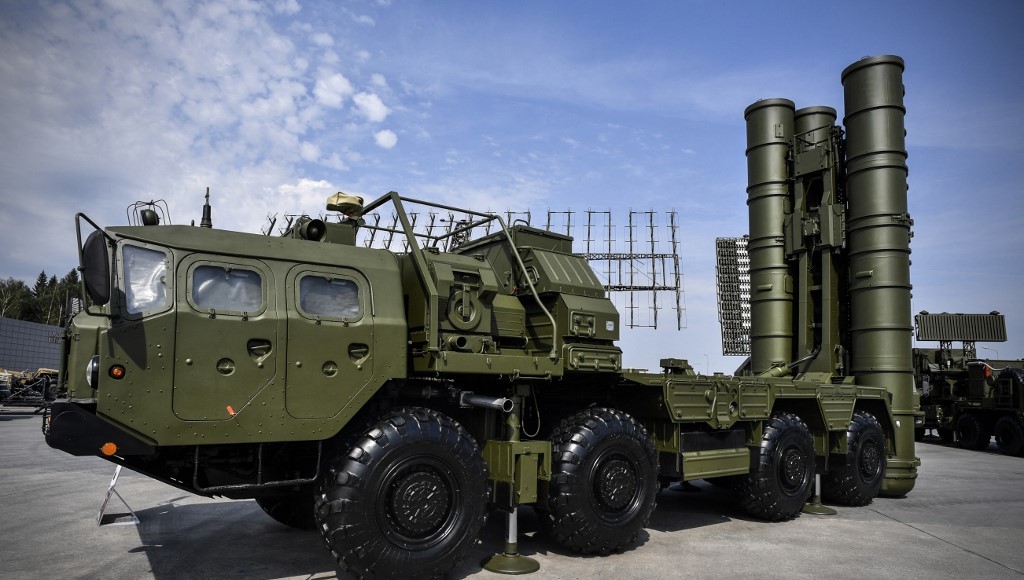
The shift is underpinned by Turkey’s proposal to acquire six Turkish-built F-35 fighter jets. This proposal signals a new chapter in U.S.-Turkey relations, as Washington has now approved the operational deployment of Turkey’s S-400 system. If Turkey wins the U.S. over and receives approval to use the S-400 in combat, it appears that both sides have found common ground.
The Strategic Importance of the S-400 for Turkey
The S-400 defense system plays a crucial role in Turkey’s national security strategy. Capable of targeting threats up to 400 kilometers away, the S-400 offers Turkey a formidable defense against aircraft, missiles, and drones.
The system’s technological superiority, especially when compared to NATO’s Patriot missile systems, is one of the key reasons Turkey chose it.
Previously, the U.S. failed to provide timely and satisfactory delivery of Patriot systems to Turkey. In response, Ankara pursued alternative solutions.
The move included the decision to acquire the S-400, not only to strengthen its air defenses but also to assert greater autonomy in its military and strategic decisions.
As Turkey wins the U.S. over and gets approval to use the S-400 in combat, the system is now set to play a central role in Turkey’s defense infrastructure.
Turkey’s Broader Defence Strategy: Reducing Dependency on NATO
Its purchase of the S-400 also highlights its desire to reduce reliance on NATO’s defense infrastructure, particularly that of the United States.
Turkey’s Minister of Defence, Hulusi Akar, has emphasized that the S-400 enhances Turkey’s strategic autonomy, allowing the country to safeguard its airspace without waiting for NATO’s decision-making processes.
This matters because threats from Syria and the wider Middle East are growing fast. By adding the S-400, Turkey boosts its air defenses without cutting ties with NATO.
Turkey wants to protect itself without fully depending on NATO systems. This decision is in line with Turkey’s broader ambition to modernize its military and diversify its defense assets.
Key Developments: NATO Relations and the S-400 Approval
The U.S. approved Turkey’s S-400 use while NATO-Turkey ties were already shifting. NATO Secretary General Mark Rutte visited TUSAŞ, the firm behind Turkey’s KAAN fighter jet.
His visit shows NATO’s growing respect for Turkey’s defense industry and capabilities. Former U.S. Colonel Rich Outzen believes Turkey could strengthen NATO’s stance against Russian threats.
Economist Timothy Ash urged Europe to drop its prejudice and recognize Turkey’s growing importance. As Turkey gains U.S. support to use the S-400 in combat, cooperation with NATO is improving.
Turkey’s Growing Air Defence Capabilities
Turkey’s purchase of the S-400 is part of its plan to build a stronger military. It plans to place the system in key areas, especially near Syria’s border.
This region faces frequent missile and drone threats. The S-400 will work with NATO and Turkish systems like HISAR for layered defense.
Turkey is also building its own defense tech, including drones and the KAAN fighter jet. These projects support Turkey’s push for more military independence. By using the S-400 in these zones, Turkey wants to stop threats from states and terror groups.
S-400 and Turkey’s Regional Influence
The S-400 is not just a tool for air defense; it is also a statement of Turkey’s growing regional influence. With its ability to engage long-range threats and its strategic positioning across the country, the system enhances Turkey’s ability to defend its airspace and influence regional security dynamics.
Turkey’s defense experts suggest that the system will likely be deployed in areas where the threat of missile attacks is high, particularly in the east and southeast.
Moreover, the S-400’s advanced radar capabilities will provide Turkey with crucial intelligence-gathering advantages. These strategic advantages will allow Turkey to enhance its defense posture and bolster its influence in the Middle East and beyond.
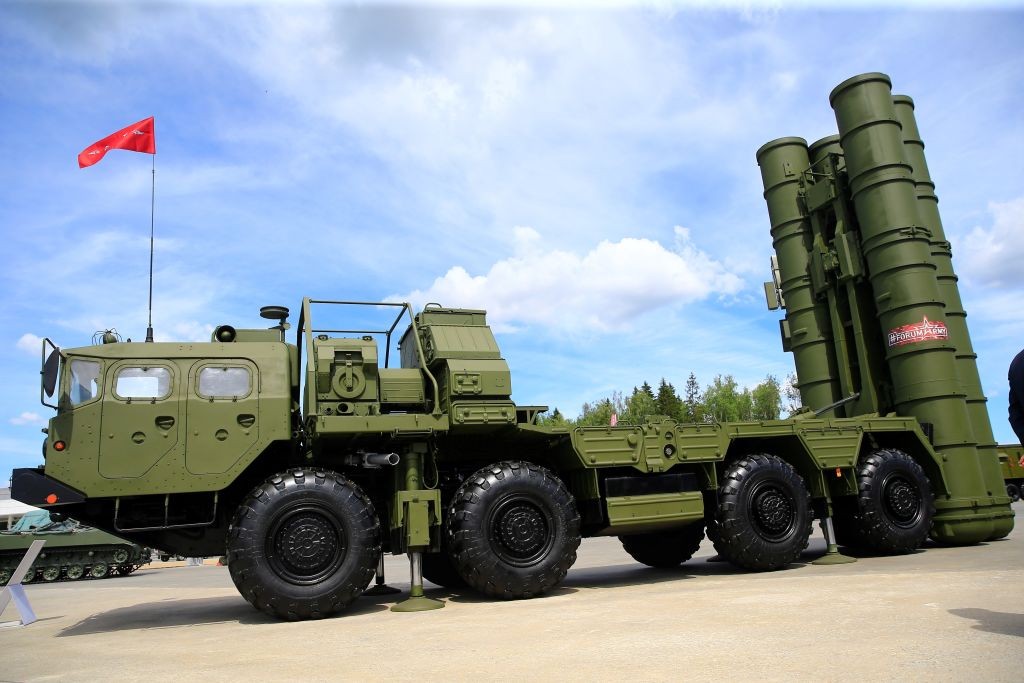
Integration of the S-400 with NATO Systems
Turkey says the S-400 will support, not replace, its existing NATO defense systems. Turkish forces have started training to use the S-400 with other air defense platforms.
In some areas, especially eastern Turkey, the S-400 will operate on its own. These regions face threats NATO systems may not fully cover.
Adding the S-400 boosts Turkey’s ability to handle new security challenges. Turkey stays committed to NATO while strengthening its defense network.
Geopolitical Implications: Turkey’s Military Independence
As Turkey gains U.S. approval to use the S-400, regional geopolitics may take a new turn. NATO members worry about mixing Russian systems with Western military hardware.
Turkey insists the S-400 purchase doesn’t mean it’s stepping away from NATO. Instead, Turkey wants more control over its defense and less reliance on outside powers. Now operational, the S-400 will boost Turkey’s defense and shape its global role.
Conclusion: Turkey’s Strategic Shift in Defence
Turkey’s approval to use the S-400 marks a major step in its evolving defense strategy. Winning U.S. support boosts Turkey’s military autonomy and reflects its focus on regional security.
Using the Russian S-400 alongside NATO gear strengthens Turkey’s defense and shows strategic independence. Turkey’s push to modernize its military includes building homegrown defense systems for long-term strength.
The S-400 now plays a key role in protecting Turkey from aerial threats. As Turkey’s defense power grows, it gains more influence in the region and beyond.
References
- BulgarianMilitary.com—”Turkey Proposes to Acquire Six F-35 Jets”
- Clash Report—”NATO and Turkey: Shifting Geopolitical Dynamics”
- Reuters—”S-400 Air Defence Systems in Turkey: Strategic Deployment”
- NATO and Turkey Relations
- Turkey’s Defence Industry: A Rising Power
- S-400 Air Defence Systems: Operational Readiness
About the Author
Farhan J. Satti (Chief Editor)
Administrator
Mr. Farhan Jawaid Satti is a defense analyst and HR leader with 15+ years covering weapons, arms control, and operations. UN Disarmament Affairs-trained (WMD missiles, lethal autonomous weapons) and firearms-safety trained (Washington State), he explains hard problems with clarity and impact.



